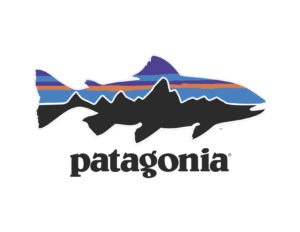Why “Popularity Contest” Surveys are Useless
Found this list of 25 “Greenest Brands in America“—but frankly, I’m skeptical.
It’s based on reader votes. In any kind of reader popularity contest, the votes go to companies the most people are familiar with—or those whose marketers actively campaign and tell their fans to go vote for them.
Certainly, all these corporations have major environmental achievements; by now, every major corporation does. In fact, I attended a conference last month that focused on the profitability case for green action. Several of these 25 had speakers. I even moderated a panel that included Coca-Cola.
But this kind of survey pushes away the small companies with smaller followings but very green practices (Interface, Timberland, Patagonia, etc.) Only two such companies made the list: Tom’s of Maine and Ben & Jerry’s, and both are owned by much larger companies.

I was also struck by three absences I would have expected to be there: Walmart, which has done more to green the supply chain and its own operations than any other player, but whose demographic doesn’t typically participate in sustainability surveys (and which has serious issues on other parts of the social entrepreneurship spectrum, especially on labor and supplier policies), Starbucks, which talks a great line to the right demographic, but whose practices don’t always mirror its rhetoric, and Whole Foods, whose entire mission intersects so well with green practices. Also kind of surprised to see Apple included. Either they’ve cleaned up their act or people give them more kudos than justified because their products are so cool and their fan base is so strong. To go from the Foxconn scandal to being named on a Top 25 list for green practices in just over two years is quite remarkable.
Even in surveys based on research, what you measure influences your conclusions. For example, Monsanto often wins data-driven corporate responsibility awards (and loves to brag about them), yet to many food activists, its policies are anything but responsible; they would call this award greenwashing.
